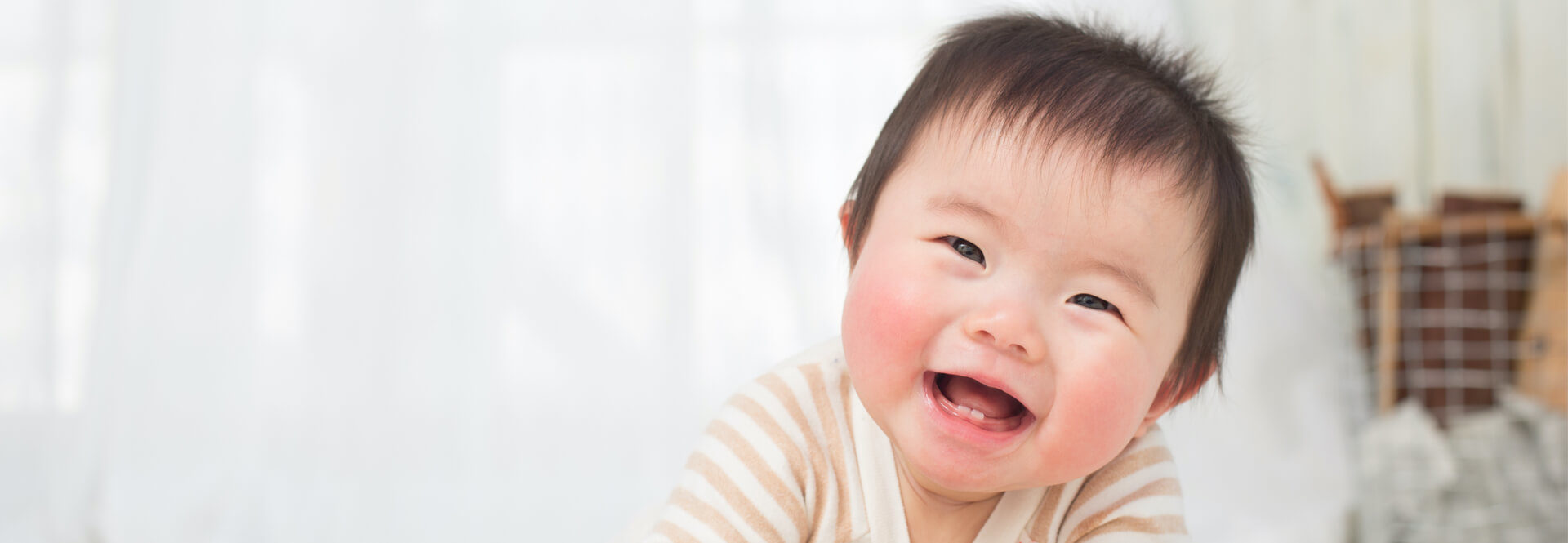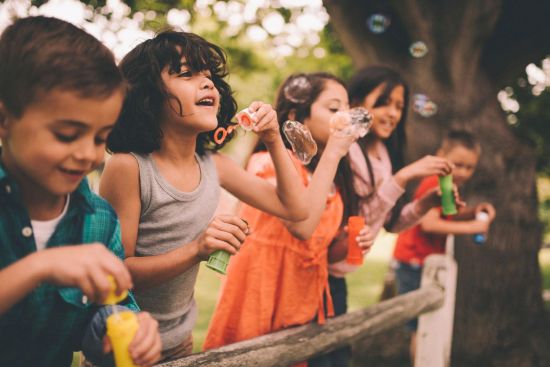
What Does it Mean to be an Adoptee

Adoption isn’t a phase that one experiences for a period of time. It’s a lifelong journey for everyone involved; Birth Parent, Adoptive Parent, and Adoptee. Everyone’s experience with adoption is unique, so as an adoptee, the ways that your adoption will affect you will be equally unique. No two adoptees will experience the exact same impact of adoption, which makes the meaning of adoption different to each adoptee.
To an adoptee, the meaning of adoption can be difficult to put into words and it often involves complicated emotions. Every adoption story is unique so every adoptee will have a unique understanding of what adoption means to them. Some adoptees will need to process why their Birth Parents chose adoption for them and some will have to face that adoption may have been the only option to remove them from a dangerous and unhealthy environment. Other adoptees will have to comprehend the circumstances that brought them to their adoptive family in the US from another country and others will know what it means for a stepparent or relative to adopt them. Depending on the adoptive family, as an adoptee grows up they may need to address what it means for them to be a part of a transracial or multicultural family. An adoptee’s personal meaning of adoption will be determined by their own living experience.
Adoptees generally live a regular life similar to someone who wasn’t adopted; however, they have experiences that are unique to being adopted and these experiences may have an impact on their lives at various times throughout their lives. While not all adoptees will go through these struggles related to their adoption, some may have to overcome feelings such as loss and grief, questions about self-identity, or a lack of information about their medical background. Regardless of a happy adoption, an adoptee may have to understand that their adoption began through a loss. Birth Parents may decide to part with their child, circumstances might require adoptees to part with their birth family and for some Adoptive Parents, they learn that they can’t have a child on their own. Adoptees may be left with a sense of grief and loss towards their adoption. This can create mixed feelings for adoptees, joy at being placed with their adoptive family and sometimes guilt or grief for being curious or missing their birth family. While this complex mixture of emotions can sometimes be difficult for you and even harder for your adoptive family to understand, it’s important to recognize that everyone within the adoption triad has experienced both loss and gain to some degree, including adoptees. Some adoptees may never experience this loss the way other adoptees do.
For adoptees, forming a healthy self-identity can be a challenge if the adoptee doesn’t feel like they fit in with either their birth or adoptive families. Some adoptees feel split between the two, or they feel different from peers who were raised by their biological families. This sense of alienation that some adoptees experience can create an adoption identity crisis, which can sometimes contribute to feelings of anxiety, depression, or low self-esteem. An adoptee’s identity crisis can be improved with some work, support and patience from family and friends. Some adoptees face the problem of having little to no information available to them in a closed adoption. Although almost all adoptions today are open, there are many adoptees who struggle with the negative effects of a closed adoption. These difficulties include: A lack of medical or social history, making it difficult for these adoptees and their children to diagnose health problems. With open adoption increasing over the years, the effect of these issues happening to an adoptee has decreased dramatically. Adoption is an ongoing journey for everyone involved, so don’t feel afraid to reach out for support if you’re struggling with your journey.
Adoptees come in all shapes and sizes. Some were adopted as infants, some were fostered, and others placed with an adoptive family at an older age. Some adoptions happen within the birth family, when a relative of the child gains custody in lieu of the Birth Parents. Others are placed in families across state lines, across borders, or in other continents. Some adoptees learn of their adoption in childhood, and others find out later in life. Adoptees can be international, intercultural, and interracial. The adoption experience has many variations. Click here to read the names are adoptees and their Adoptive Parents who have brought adoption awareness to the world.
For many adoptees, your personal meaning of adoption is a loving family and living life to the fullest. For private US newborn adoptions, adoptees may see their adoption differently at certain stages in their life, but at one point in their adoption they understand the difficult choice their Birth Parents went through in placing them for adoption and a genuine appreciation for making that decision in their best interest. Understandably, an adoptee’s personal meaning of adoption will be determined by their own experience living through their adoption. Children whose adoption stories are openly discussed will usually view their adoption in a more positive way than children from whom the truth has been hidden or is not an open topic of discussion. Always remember you were wanted by your Adoptive Parents and loved by both your Birth Parents and Adoptive Parents at the time of your adoption and that love for you will always continue on.
Available 24/7 to Answer Your Adoption Questions


Search Adoption Network
Speak with a Specialist 1-800-367-2367